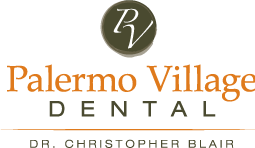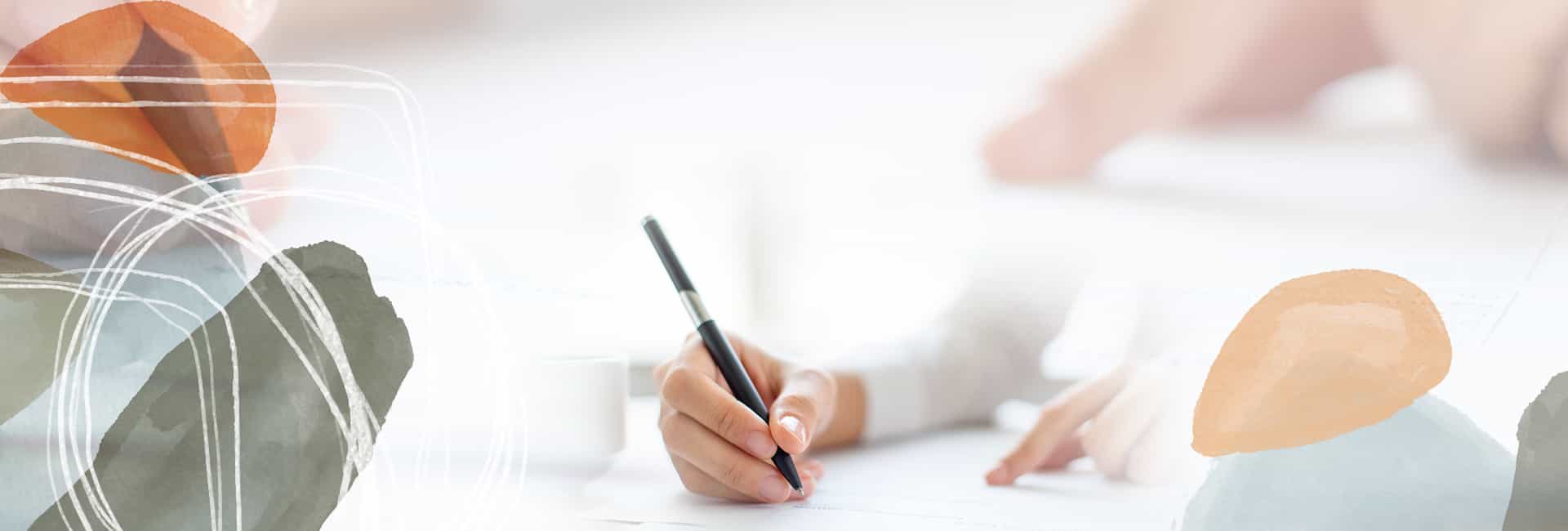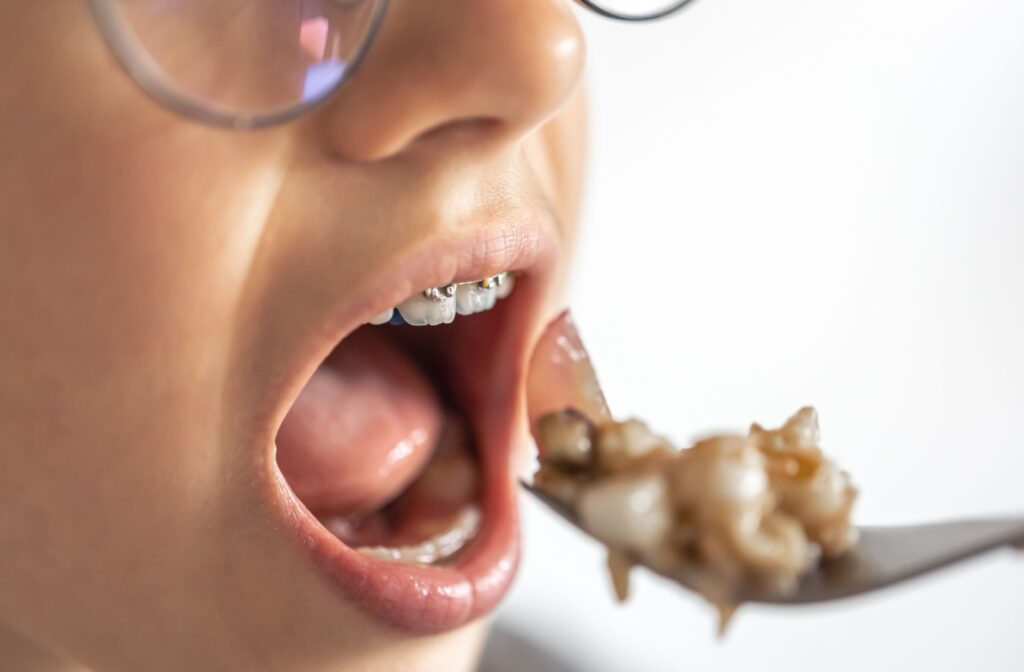Navigating the world of braces can be a transformative journey toward achieving that perfect smile. But one of the things to consider before opting for braces is the potential dietary challenges one might face. Generally, you shouldn’t eat hard, sticky, or chewy foods with braces. Fortunately, there are often suitable options for most people to make this a minimal issue.
Maintaining a healthy diet is crucial for your overall well-being and for keeping your teeth and braces in good condition. You can make this journey smoother and more successful by understanding what foods to avoid and things you can eat or drink instead. So, instead of just listing what you can’t eat, we’ve included helpful suggestions on foods you could include in your diet while you have braces.
Remember that your dentist is a fantastic resource. You should ultimately consult with them for the details of your unique situation. You can discuss your dietary needs with them, and they can help you develop a plan. Maybe you’re also wondering how you’re supposed to floss with braces.
Foods to Avoid with Braces
When you have braces, certain foods can pose a risk to your orthodontic work. Here’s a comprehensive list of items you should steer clear of:
Hard Foods
There are brackets and wires on your teeth when wearing braces. Crunchy foods can break these, leading to discomfort and additional orthodontic visits. Examples of hard food to avoid or minimize include:
- Nuts: Their hard texture can snap wires.
- Hard candies: These can break brackets if bitten into.
- Raw vegetables: Hard vegetables like carrots and celery should be sliced thinly or cooked until soft to prevent potential problems.
Sticky Foods
Sticky substances cling to braces and are often difficult to clean off, which can lead to plaque build-up and cavities. Sticky foods to avoid include:
- Chewing gum: It gets stuck in the brackets and wires.
- Caramel: This can adhere to braces and teeth, making cleaning difficult.
- Sugary snacks: These snacks can lead to decay and gum disease due to how they stick to teeth and encourage bacteria growth.
Chewy Foods
Chewy foods can pull at the brackets and wires, causing them to loosen or break. Chewy foods to avoid include:
- Bagels and hard rolls: Their chewy texture can cause brackets to detach.
- Jerky: Jerky is often tough and chewy, and chewing it can bend wires out of shape.
- Licorice: The chewy consistency of licorice can be problematic for braces.
Alternative Food to Consider
Just because you should avoid certain foods doesn’t mean you have to miss out on delicious, nutritious options. Here are some braces-friendly alternatives:
Soft Fruits & Vegetables
Fruits and vegetables are a crucial part of a nutritious diet. But you can opt for softer fruits and vegetables that are easier on your braces:
- Bananas and berries: These are less likely to cause damage.
- Steamed vegetables: Cooking vegetables until they’re soft makes them easier to eat.
- Avocados: These wonderful green fruits are soft, nutritious, and perfect for a braces-friendly diet.
Dairy Products
Dairy is generally safe and beneficial for those with braces:
- Yogurt: Yogurt is smooth and rich in probiotics and supports oral health.
- Soft cheeses: Cheese is typically easy to chew with braces and high in calcium.
- Milkshakes and smoothies: Blend fruits and dairy for a nutrient-packed treat or meal.
Proteins
Popular protein sources can often be difficult to chew. But there are options to ensure your diet includes these proteins. Try some of these protein sources:
- Eggs: Eggs are versatile and easy to prepare, from scrambled to soft-boiled.
- Fish: Most fish choices offer an easy-to-chew meal.
- Tofu: Tofu gets a bad rap sometimes, but it’s a soft plant-based protein for vegetarians or vegans.
Tips for Maintaining Good Oral Hygiene
Keeping your teeth and braces clean is imperative to avoid complications. Here are some tips:
Regular Brushing & Flossing
You should follow the Canadian Dental Association’s oral hygiene recommendations—even with braces.
- Brush at least once daily but preferably after every meal.
- Floss daily, preferably after every meal, to minimize the chance of plaque building up.
- An antibacterial mouthwash can help reduce plaque and prevent gum disease. But it’s important to remember that mouthwash shouldn’t replace proper brushing and flossing habits.
Regular Dental Check-Ups
Keep up with scheduled appointments to ensure your braces are working effectively. Regular professional cleanings while wearing braces can help remove plaque and tartar that regular brushing might miss.
Discuss Your Concerns & Questions with Your Dentist
Embarking on the journey to a straighter smile with braces requires attention to diet and hygiene. By avoiding hard, sticky, and chewy foods, you can reduce the risk of damage to your braces and enjoy a smoother treatment experience. Embrace nutritious, braces-friendly alternatives and maintain excellent oral hygiene, and you’re off to a great start in caring for your braces.
Call us at Palermo Village Dental today to schedule an appointment. One of our experienced dentists can review your needs and discuss your potential treatment options for a straighter smile.




